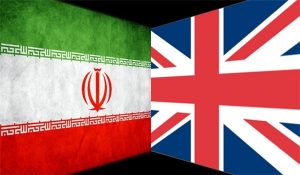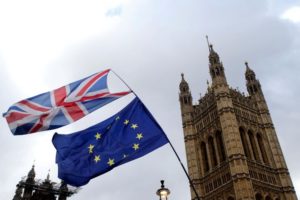The British Conservative Government’s Political Elite, and the European Union: Safeguarding British Interests (With Special Reference to: 2010 – 2016)
The strategists were members of the elite which benefited from these economic and subsequently political developments. They were people who had controlling interests in manufacturing industry and the financial operations of the City of London; they included the landed class, and together have come to be known as “the establishment”. This direct control of foreign lands which later led them to become acquisitions of Britain brought extra gains for the establishment. New professional opportunities arose: positions in those organisations which were created in order to look after the possessions abroad i.e. Colonial Office, and the department responsible for defence; in addition, all those state departments which already were in existence grew larger to enable themselves to cope with the extra activities created as a result of this economic and political growth.
Those members of the establishment who had leading positions in the state departments were the political elite. As well as jobs which were direct gains from the territorial possessions, or the empire, which Britain acquired, the British political elite’s main concern was the economic well-being and privileges of the whole of the establishment (or the imperial based class). This is due to the fact that the establishment, as we have seen in our studies, comprises of those with a similar background and often this social cohesion develops into kinship. Therefore, it was the economic and social interest of the establishment that the political elite had to protect.
The Conservative Party “proclaims the necessity for capital-labour co-operation and a ‘property-owning democracy’. It proclaims the need for free competition in industry and the end of restrictive practices both between employers and among employees. It is the party of social mobility. ‘Quality and not equality’ and ‘opportunity rather than security’ are two of its slogans. The Conservative Party’s policies are, on the whole, hard to characterise. At some periods ideas such as individual freedom will be clearly articulated and may even produce concrete policy proposals designed to promote such values. At some other periods, as was witnessed in the policy of the Labour Party, and any other party, it may “seem to embody so wide a range of political ideas that few distinctive doctrine features can be detected.”26 The British Conservative Party is the party of the class that has its roots in the landed gentry of the early nineteenth century. They are various groups and institutions such as the Church of England, ancient universities, the Guards regiments and the legal profession, which the studies in the first chapter described in detail. These groups, as was noted in that chapter, are collectively known as ‘the Establishment,’ which is traditionally associated most closely with the Conservative Party.
Pages: 1 2 3 4 5 6 7 8 9 10 11 12 13 14 15 16 17 18 19 20 21 22



